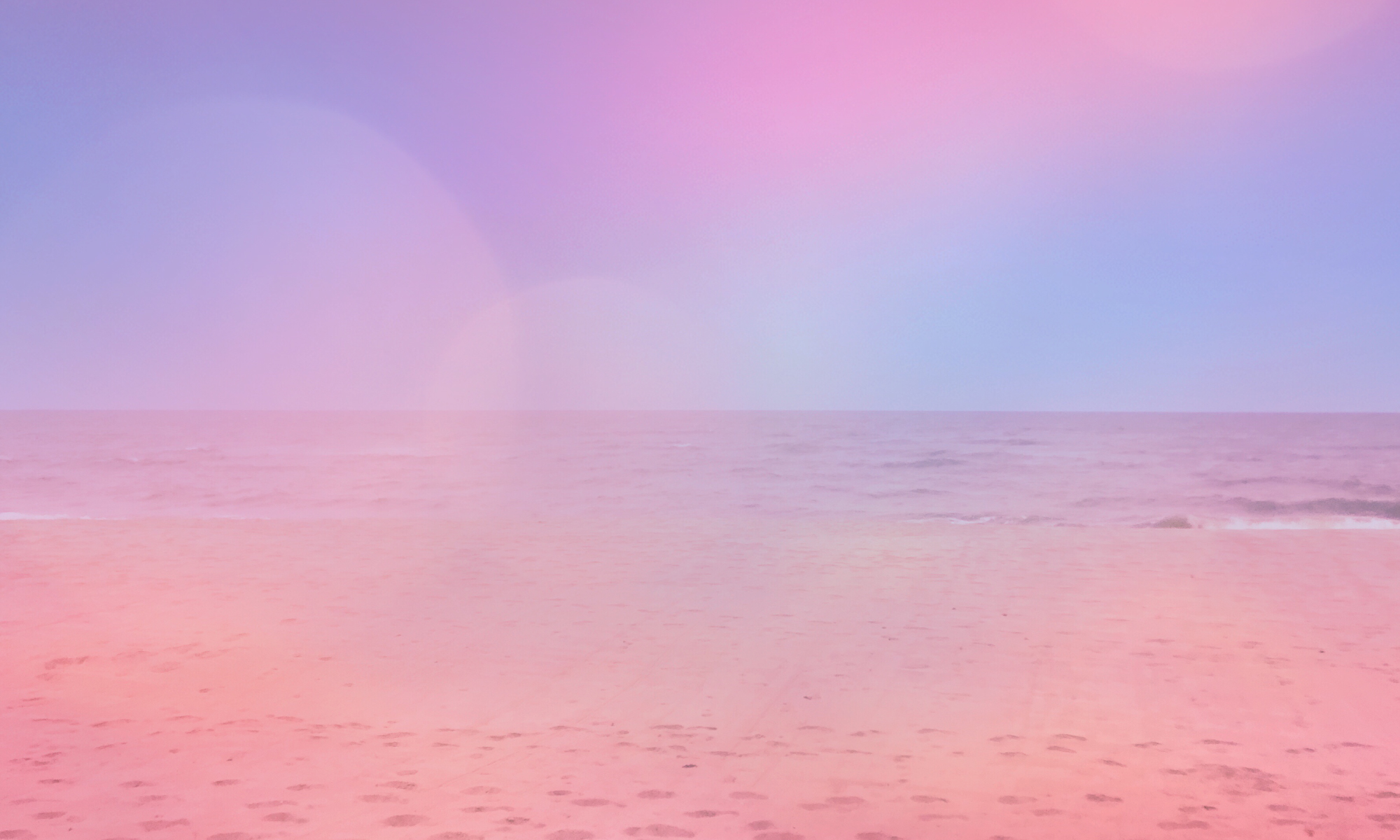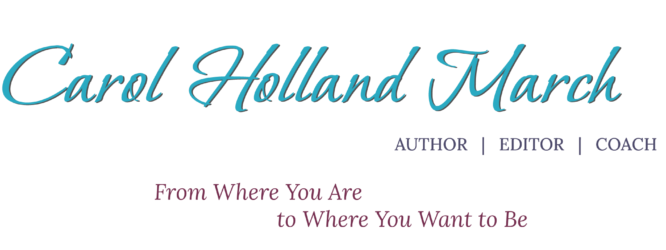
Journaling is a bridge to the Creative Self. For writers, journaling is a warm up exercise, a place to practice craft, to make sense of our thoughts and ideas. It’s a private exercise, not meant for any eyes but our own.
It works equally well for those with no desire to publish fiction or nonfiction. It’s a simple, practical way to process our experience, to learn, change, and grow.
In your journal, you can tell the truth. The whole truth, unvarnished, however messy and convoluted.
You don’t have to be “nice.” You don’t need the diplomatic turn of phrase. You don’t have to hedge, be vague, hesitate, or wonder if what you have to say will be accepted.
THERE IS A RULE:
NO ONE READS YOUR JOURNAL
The only way you can write the truth is to assume that what you set down will never be read. Not by any other person, and not even by yourself at some later date.
Margaret Atwood
If you’re upset, angry, feel left out, not good enough, put down, ill at ease, or if you don’t know how you feel, but know it isn’t good, this is the place to go. This is where you can say it all. To other people. To yourself. To the world.
To journal is to become a truth teller in training. To practice being honest. To let go of inhibitions, fears, hesitancy, or doubt that what you have to say is not good enough. What matters is not pleasing others, but finding your authentic voice.
If you move on from journaling and write stories, essays, or books for the public, it’s even more important to tell the truth. Your truth. Facts matter, but in any story, the emotional journey matters more. No matter what you write about, your take on it will be your own.
In my journaling practice, I started simple. Stayed on the surface. What happened? How upset I was. How angry. Misunderstood. I was right, they were wrong. My journal was a record of what happened and how I felt.
But as I kept going, exploring my feelings and reactions, I went deeper, gaining perspective and getting more honest.
Not that I had been lying before, but I was peeling off the layers of my outer perception so I could see beneath the surface. Like floating face down on the surface of the sea and catching glimpses of shells, a clump of seaweed, or a crab burrowing into the sand.
I started asking different questions. What was the truth? Had I spun a tale of half-truths to justify my actions? So everyone else could feel satisfied? What really motivated me? What hurt the most? Did this pain feel familiar? What was under the pain? How much was I trying to please others by diluting what I said?
The more often we show up on the page and push ourselves further into that space under our ordinary awareness, the more relief we feel. We let go. We laugh at ourselves. We learn. We gain another degree of freedom.
So, write it out. Dig deep. Ask your younger self what she has been longing to say since you were three years old.
Her wisdom might surprise you.
I write entirely to find out what I’m thinking, what I’m looking at, what I see and what it means. What I want and what I fear. Joan Didion


